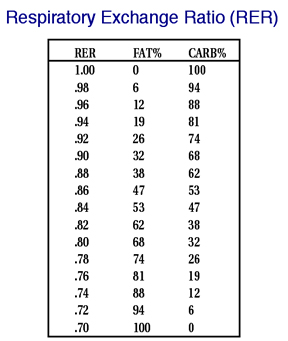@amwassil Sounds like you are overstating the case a bit here…
If we can agree that even heavy carb-eaters wind up producing ketones to some degree while sleeping (lest their brains die off after a few hours), then this begs the question:
Is there one instant when they are in a pure glycolytic state… and then the next instant when they are in a pure ketotic state?
Like an ON/OFF light switch, rather than a dimmer paddle?
Hard to imagine (for me, at least) that such a binary metabolic switch is how our bodies actually work.
By extension, does our “fat adaption” occur at some moment (e.g., 2:17pm on Sept 15th)? Or does one’s body begin ramping up ketone production (= enter into ketosis) gradually over a period of days or weeks - as the organs/muscles/brain increase their demand for an alternative energy source?
I’m no scientist but from various descriptions I’ve come across I’ve gotten the impression that few of our metabolic processes are black or white. As with most everything else studied in the natural sciences, we find gradations of overlapping processes underway.
So, does this sound like a reasonable clarification as to whether ketosis (vs. glycolysis) is a binary condition?

 Yes, indeed. Everything you’ve said
Yes, indeed. Everything you’ve said 


